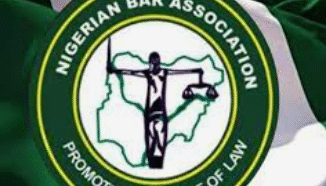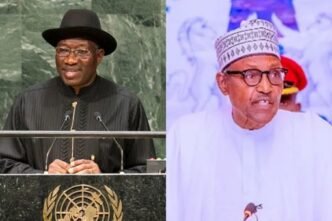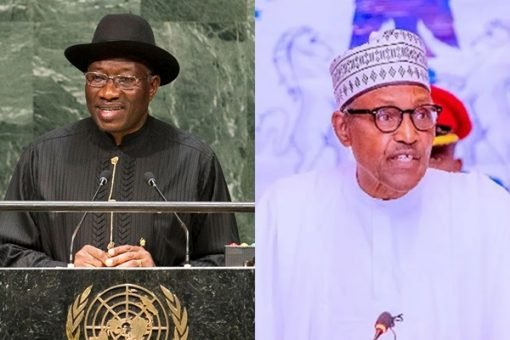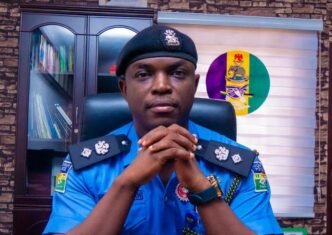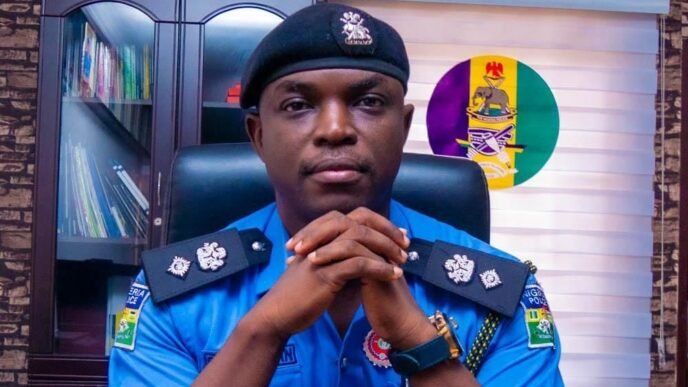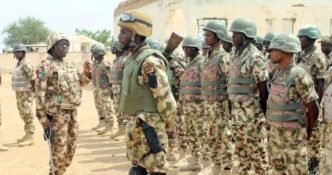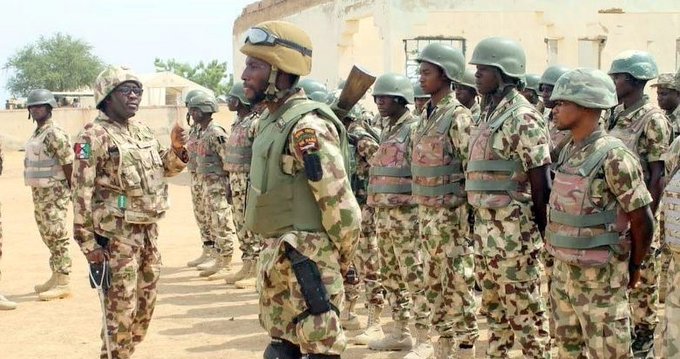The Nigerian Bar Association (NBA) has issued a strong statement opposing the Nigeria Police Force’s enforcement of tinted glass permits, describing the practice as unconstitutional, illegal, and a blatant revenue-generation scheme.
Through its Section on Public Interest and Development Law (SPIDEL), the NBA announced on Thursday that it will provide free legal services to Nigerians who are harassed or extorted by the police under the guise of enforcing the controversial tinted glass policy.
Background: The Tinted Glass Controversy
The tinted glass permit saga has been a recurring issue in Nigeria for years. Initially introduced as a security measure, the policy required motorists to obtain approval from the police before installing or using factory-fitted or aftermarket tinted glasses.
The rationale given was that tinted glasses made it difficult for security operatives to identify suspects or prevent criminal activity. However, critics have long argued that the permit system was abused by police officers who used it as a tool for extortion at checkpoints.
In 2022, the Nigeria Police Force suspended the issuance of tinted glass permits following widespread complaints of abuse. Despite this, reports of enforcement, harassment, and demands for payment persisted in various states.
NBA’s Position: “No Constitutional Backing”
In its latest intervention, the NBA declared that the police lacked any constitutional or statutory authority to impose fees or annual renewals for tinted glass permits.
Olukunle Edun (SAN), Chairman of the NBA’s Public Interest Litigation Committee, stated:
“We shall invoke the powers of the court to ensure that the Nigeria Police Force does not trample on the rights of Nigerians. Any citizen who is harassed by the police in the purported enforcement of the illegal tinted glass permit should feel free to contact any of the NBA branches.”
Edun further explained that the Human Rights Committees of the NBA’s 130 branches across Nigeria had been mobilized to offer pro bono legal services to victims of harassment or extortion linked to the permit.
Accusation of Revenue Generation
The NBA expressed concern that the policy was being deliberately misused as a revenue source rather than a genuine security tool. According to its estimates, the police could potentially generate at least ₦3 billion in a single month through arbitrary enforcement, thereby transforming themselves into what the association described as a “revenue-generating agency” of the Federal Government.
The NBA warned that this practice diverts attention away from the core duty of the police — crime prevention and law enforcement.
A Widespread Problem: Nigerians’ Experiences
The tinted glass controversy has sparked anger across Nigeria, particularly among motorists with factory-fitted tinted windows.
- Many complain of being stopped repeatedly at checkpoints, sometimes threatened with arrest or vehicle impoundment unless they pay bribes.
- Others say they were forced to pay “renewal fees” despite no official law mandating annual payments.
- Social media has amplified complaints, with motorists posting videos of altercations with officers demanding permits.
The NBA’s intervention comes amid growing frustration among Nigerians who view the policy as state-sanctioned extortion.
Legal Grounds for NBA’s Stand
Legal experts have pointed out several key issues:
- Constitutional Rights – The Nigerian Constitution guarantees citizens’ rights to freedom of movement and protection from unlawful harassment. Arbitrary enforcement of a policy without clear statutory backing violates these rights.
- Suspension of Permit Issuance – With the official suspension of the permit system by the police in 2022, continued enforcement amounts to bad faith and illegality.
- Lack of Legislative Backing – There is no Act of the National Assembly that mandates motorists to obtain permits for factory-fitted tinted glasses.
- Unlawful Revenue Drive – Demanding fees or renewals without statutory approval contravenes the principle of legality in taxation and levies.
Human Rights Angle
For the NBA, the fight is not only about legal technicalities but also about protecting human rights. Arbitrary stops and demands for money at checkpoints, the association says, are forms of harassment, intimidation, and abuse of power.
The establishment of NBA Human Rights Committees across its branches ensures that victims can get immediate legal assistance, file lawsuits, and seek redress in courts.
Implications for the Police
The NBA’s position adds to the growing scrutiny of the Nigeria Police Force’s enforcement methods. If successful, the association’s legal challenges could lead to:
- A judicial pronouncement declaring the tinted glass permit unlawful.
- Restraining orders against the police from harassing motorists.
- Possible damages awarded to Nigerians unlawfully extorted under the scheme.
This could also further strain the relationship between the police and citizens, already marred by distrust following incidents of extortion, unlawful detentions, and abuses highlighted during the #EndSARS protests of 2020.
Public Reactions
The NBA’s announcement has been met with widespread approval:
- Motorists say the move will discourage police harassment on highways.
- Civil society groups describe it as a step toward curbing extortion and abuse of power.
- Legal commentators view it as an opportunity to test the limits of police powers in court.
However, some security analysts caution that tinted glasses can still pose risks in combating crime. They argue that instead of abolishing the permit system entirely, the government should consider a transparent, non-abusive regulatory framework that balances security needs with citizens’ rights.
Looking Ahead: What Nigerians Should Do
The NBA has urged Nigerians to:
- Refuse to pay illegal fees or bribes demanded by police under the tinted glass policy.
- Contact the nearest NBA branch for legal assistance if harassed.
- Report cases of extortion to both the NBA and relevant human rights agencies.
- Educate themselves on their rights to avoid falling victim to unlawful demands.
By providing free legal aid, the NBA hopes to empower citizens to push back against what it calls an “illegal policy” while setting a legal precedent that could prevent similar abuses in the future.
Conclusion
The Nigerian Bar Association’s vow to challenge the tinted glass permit marks a significant development in the ongoing debate over the balance between security regulation and citizens’ rights.
By offering pro bono legal representation to victims of harassment, the NBA is not only confronting the Nigeria Police Force but also reaffirming its role as a defender of public interest and rule of law.
As the legal battles unfold, the outcome will shape not just the tinted glass debate but also the broader struggle against unlawful enforcement practices in Nigeria.
For millions of motorists who have long endured harassment, the NBA’s intervention may finally signal a turning point.

